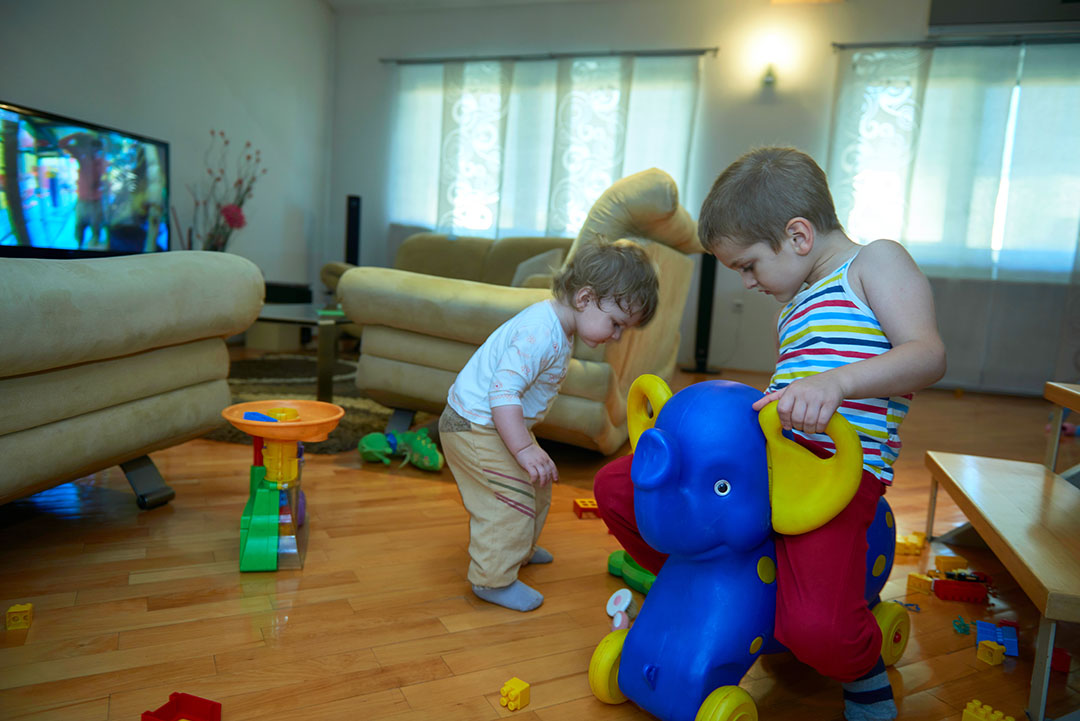Introduction
Kids love challenges. Add a bit of fun or competition to their daily routine, and they’ll eagerly participate. In recent years, with the rise of social media, “challenges” have become a major source of entertainment for children and teens. Unfortunately, many online challenges are not only uneducational but sometimes even dangerous.
Parents, however, can design safe and educational home challenges that keep children entertained while also strengthening their skills. In this article, we’ll introduce 8 creative and safe challenges that can replace unhealthy online trends.
Why Home Challenges Are Beneficial for Children
- Motivation Boost: Kids are more engaged when activities are framed as friendly competitions.
- Social Skill Development: Teamwork, turn-taking, and respecting rules all emerge naturally through challenges.
- Indirect Learning: Challenges offer great opportunities to build memory, language, and scientific thinking.
- Safety and Supervision: Unlike online challenges, parents can control the content and process.
1. Recycled Craft Challenge
How to Play: Each child uses recyclable materials like plastic bottles, cardboard boxes, or bottle caps to create a unique craft.
Skills: Creativity, hand-eye coordination, constructive thinking.
Why It’s Popular: Kids love creating “something out of nothing,” while also learning about environmental awareness.
Group Version: Set up a small home “exhibition” to display their creations.
2. One-Minute Reading Challenge
How to Play: Each child picks a book or short story and reads an exciting part aloud for one minute.
Skills: Focus, reading confidence, public speaking.
Why It’s Popular: Children enjoy competing to read with more emotion and excitement.
Tip for Parents: Choose colorful, illustrated, age-appropriate books.
3. Little Chef Challenge
How to Play: With parental guidance, kids prepare a simple meal like a salad or sandwich.
Skills: Responsibility, life skills, healthy eating habits.
Why It’s Popular: Kids feel independent and proud of making something “grown-up.”
Advanced Version: Have them decorate their dishes and vote on presentation.
4. Poem or Proverb Memory Challenge
How to Play: Each child memorizes one poem or Persian proverb during the day and recites it for the family at night.
Skills: Memory, Persian literature appreciation, speaking confidence.
Why It’s Popular: Family applause makes it rewarding and fun.
Creative Twist: Add music or small performance gestures.
5. Home Fitness Challenge
How to Play: Create a mini workout with activities like jumping rope, sit-ups, or running in place. Children try to complete as many as possible in a set time.
Skills: Physical activity, endurance, energy regulation.
Why It’s Popular: The mix of movement and competition excites kids.
Tip: Match the exercises to your child’s age and ability.
6. Themed Drawing Challenge
How to Play: Give a theme like “My Dream House” or “A Day in the Future.” Kids have 20 minutes to draw based on it.
Skills: Creativity, emotional expression, art skills.
Why It’s Popular: Drawing lets children express their inner world.
Group Version: Host a mini art show at home or school.
7. Mini Science Challenge
How to Play: Kids perform a simple experiment, such as making a baking soda volcano.
Skills: Scientific thinking, observation, problem-solving.
Why It’s Popular: Science mixed with play is always exciting.
Advanced Version: Have children explain their experiment to others.
8. Timed Tidy-Up Challenge
How to Play: Children race to clean their room or desk within 5 minutes.
Skills: Organization, time management, responsibility.
Why It’s Popular: When paired with a timer and competition, even chores feel like a game.
Bonus: Helps parents teach cleanliness through fun.
Tips for Parents
- Keep challenges safe, short, and engaging.
- Offer small rewards (stars, stickers, or points) to increase motivation.
- Avoid excessive competition — focus on fun and learning.
- Use challenges to make school breaks or pollution days more productive.
Conclusion
Safe home challenges blend fun, learning, and family connection. They’re easy to organize, cost nothing, and can replace harmful online trends. With a little creativity, parents can turn every day into an exciting and educational adventure for their children.
Frequently Asked Questions (FAQ)
1. How is a challenge different from a regular game?
Challenges usually involve time limits or competition, while games can be more open-ended.
2. Do all challenges need to be competitive?
No. Some, like reading or crafts, can be collaborative or personal.
3. What is the best age for home challenges?
From about 5 years old and up — depending on the child’s interests and abilities.
4. How can we make challenges more engaging?
Add scoring, display results for the family, or record videos to celebrate their efforts.







